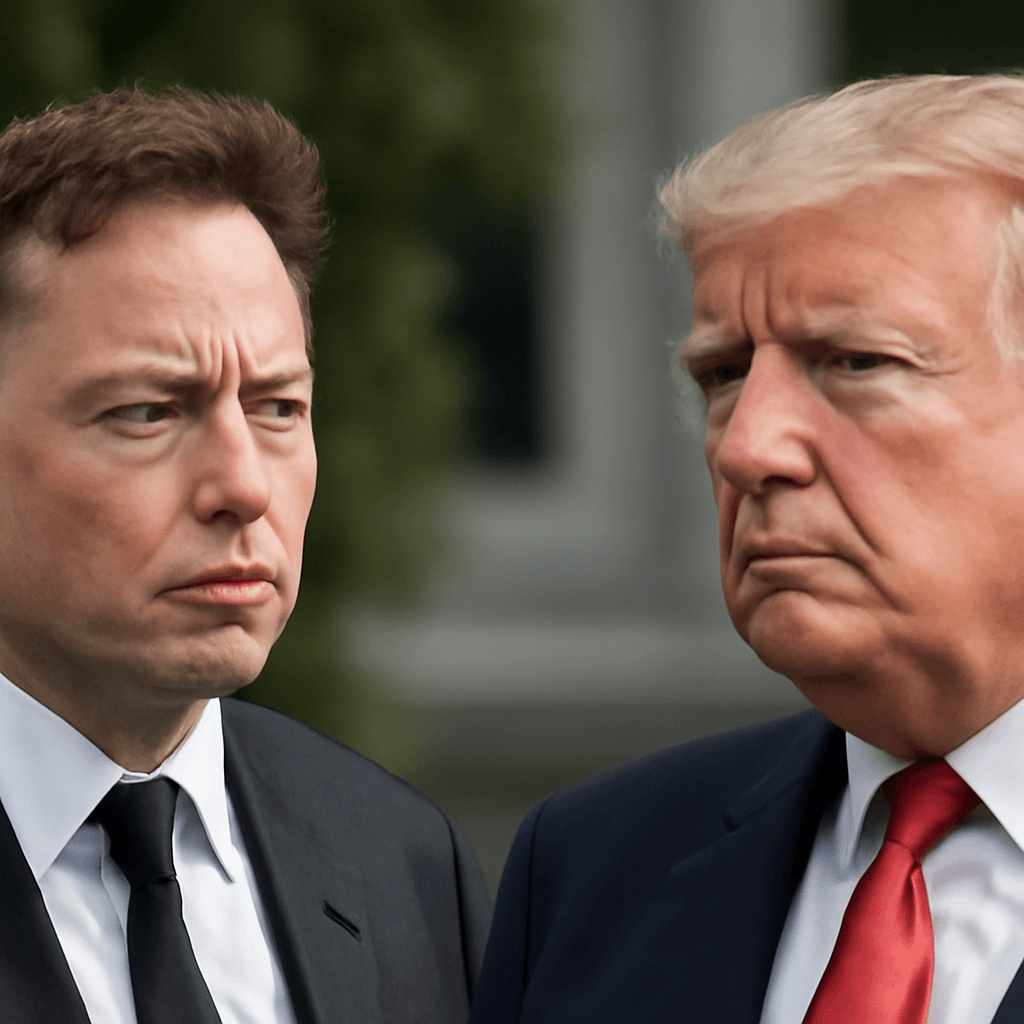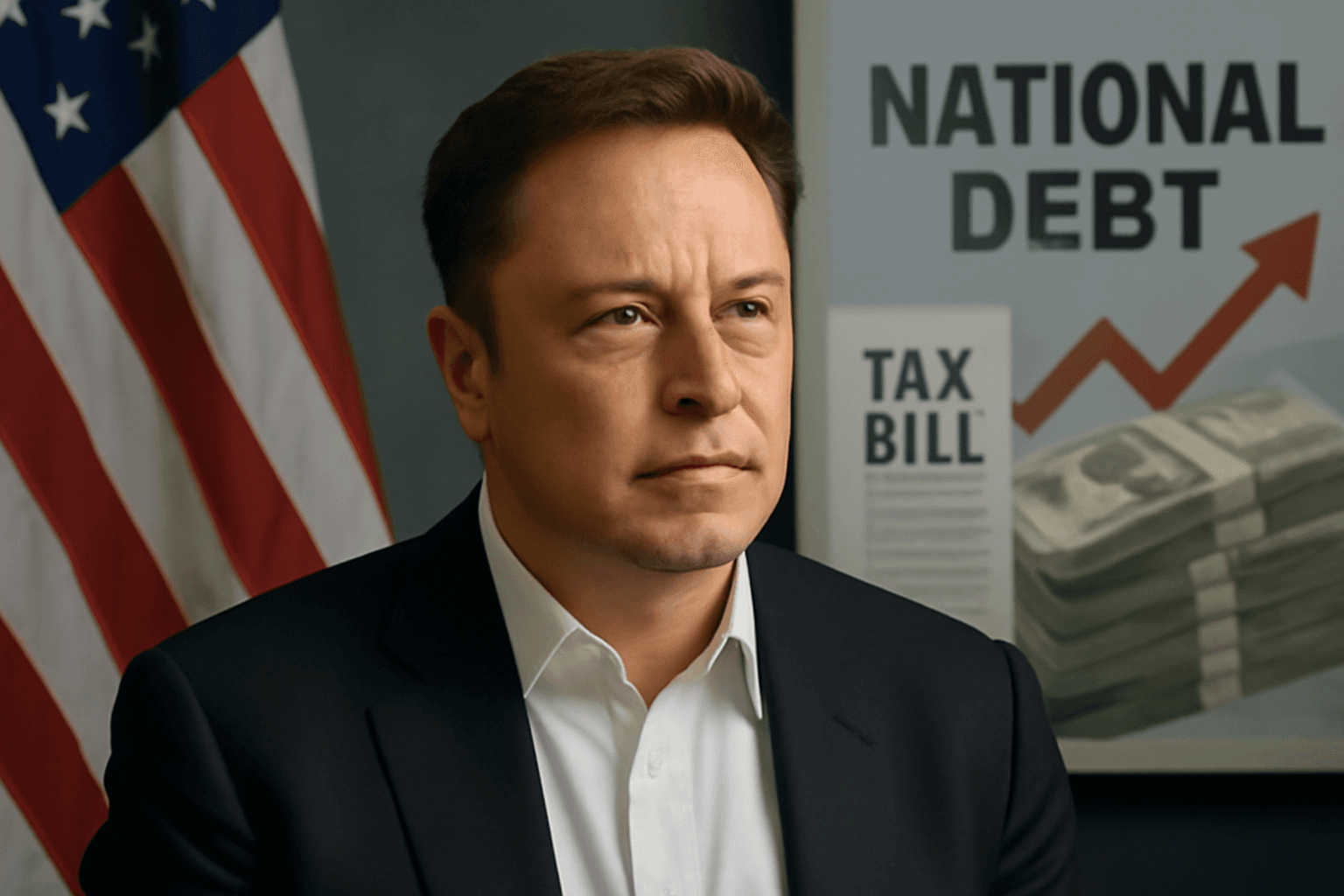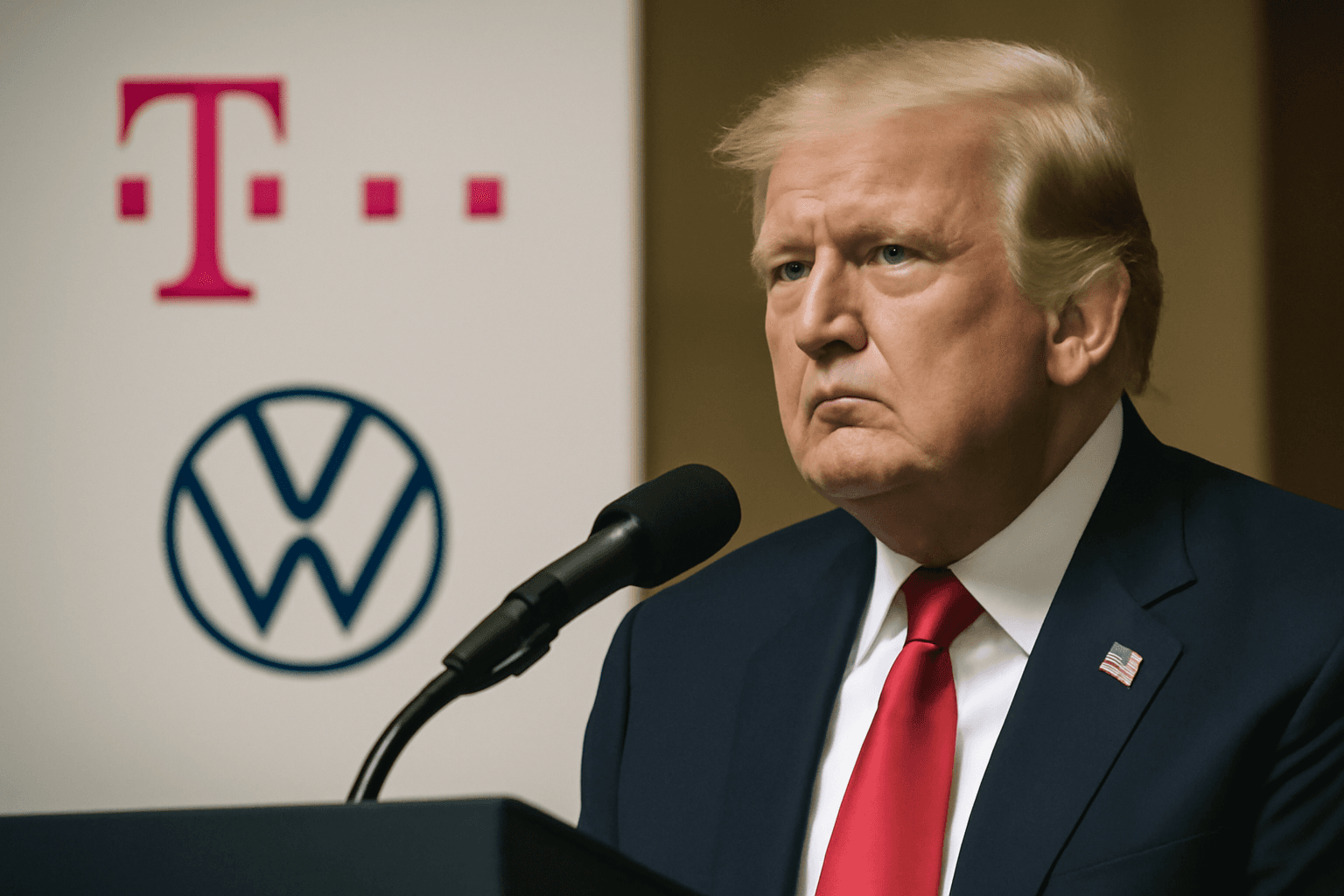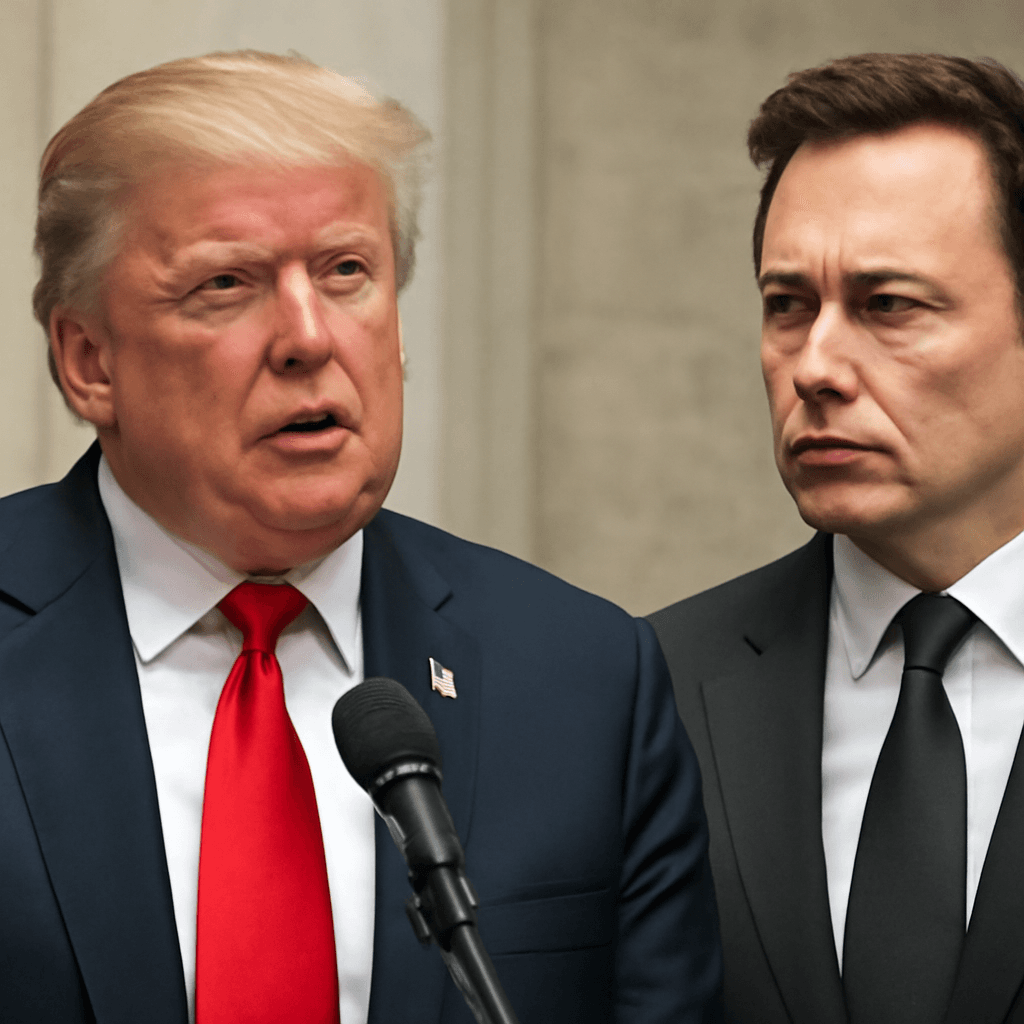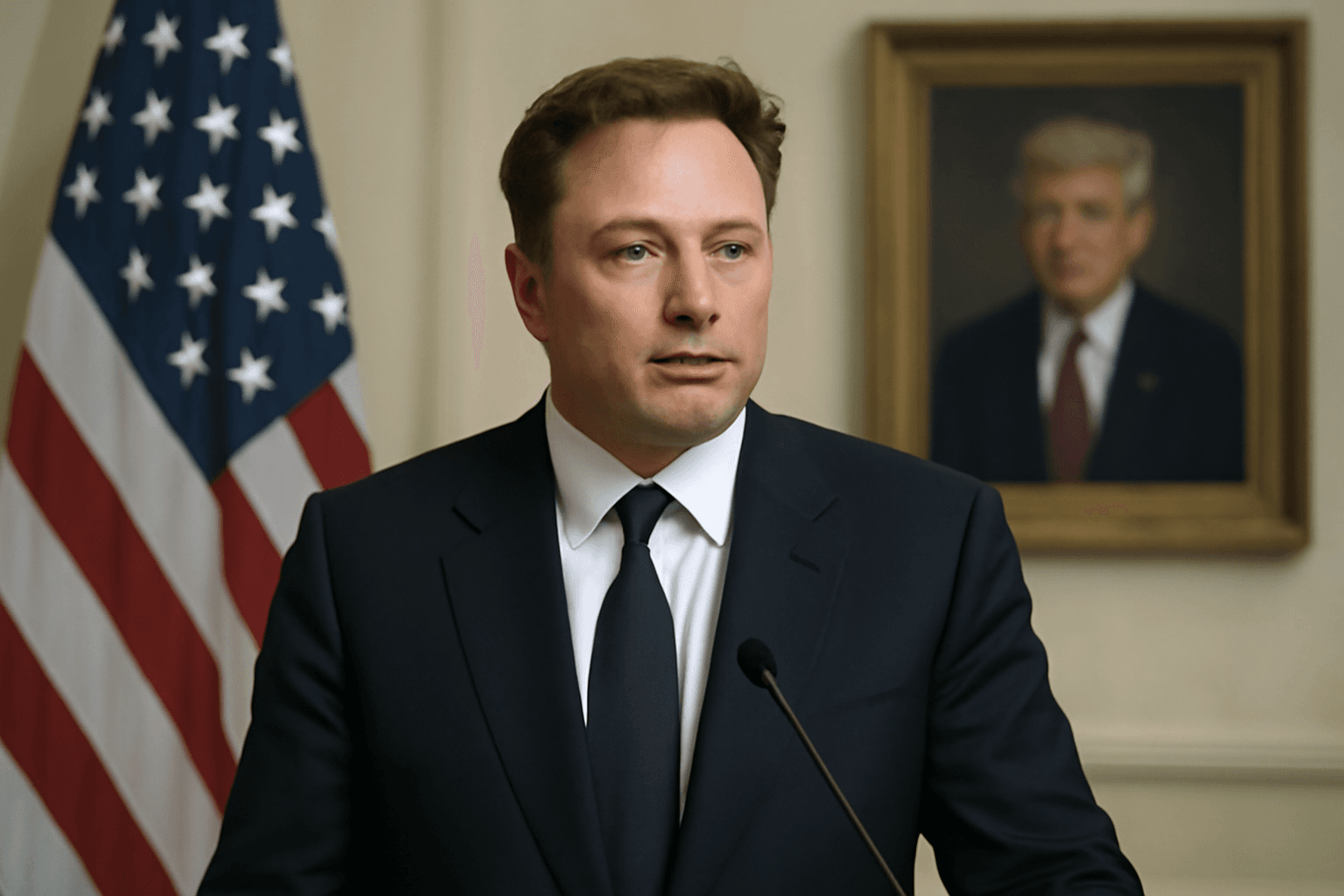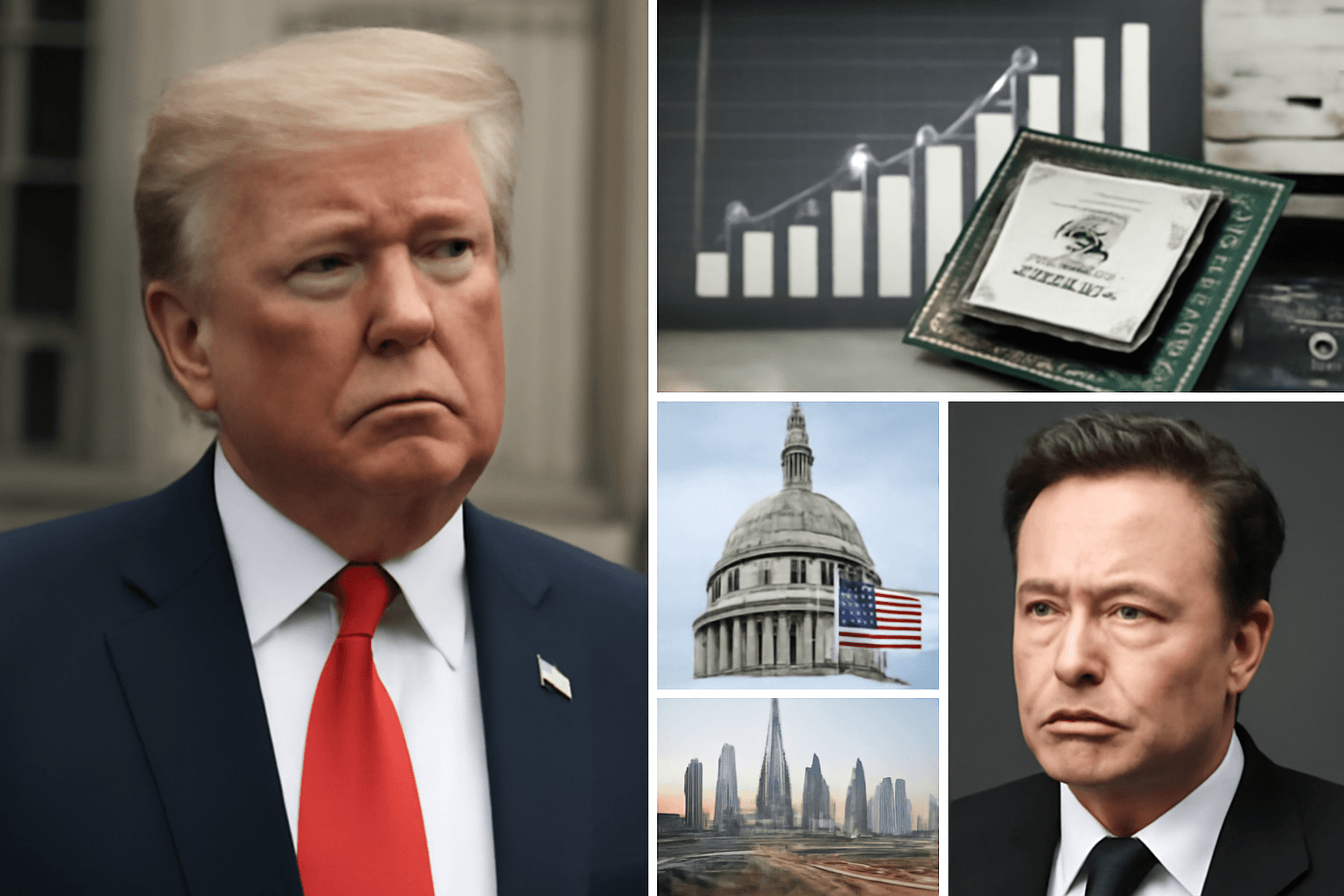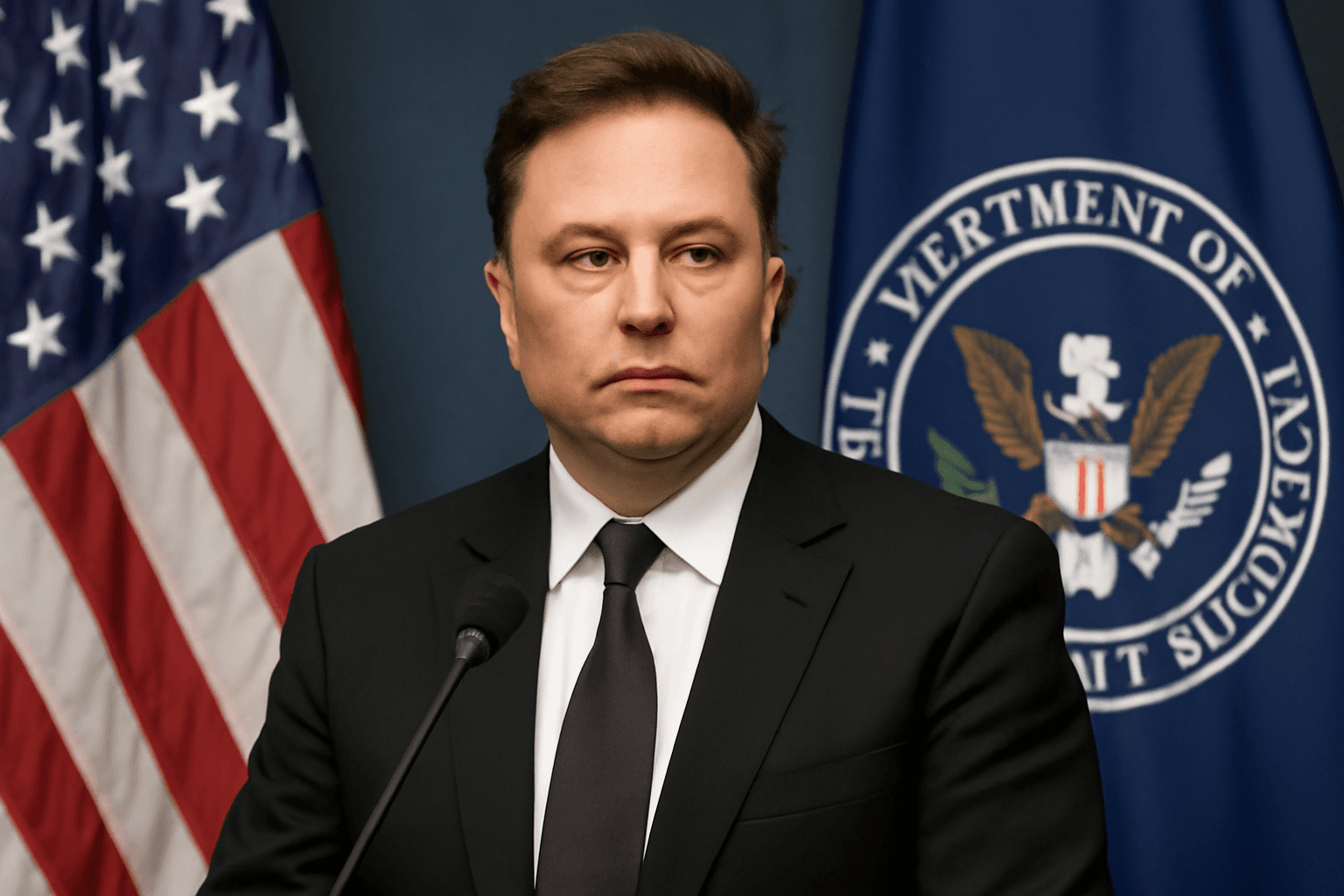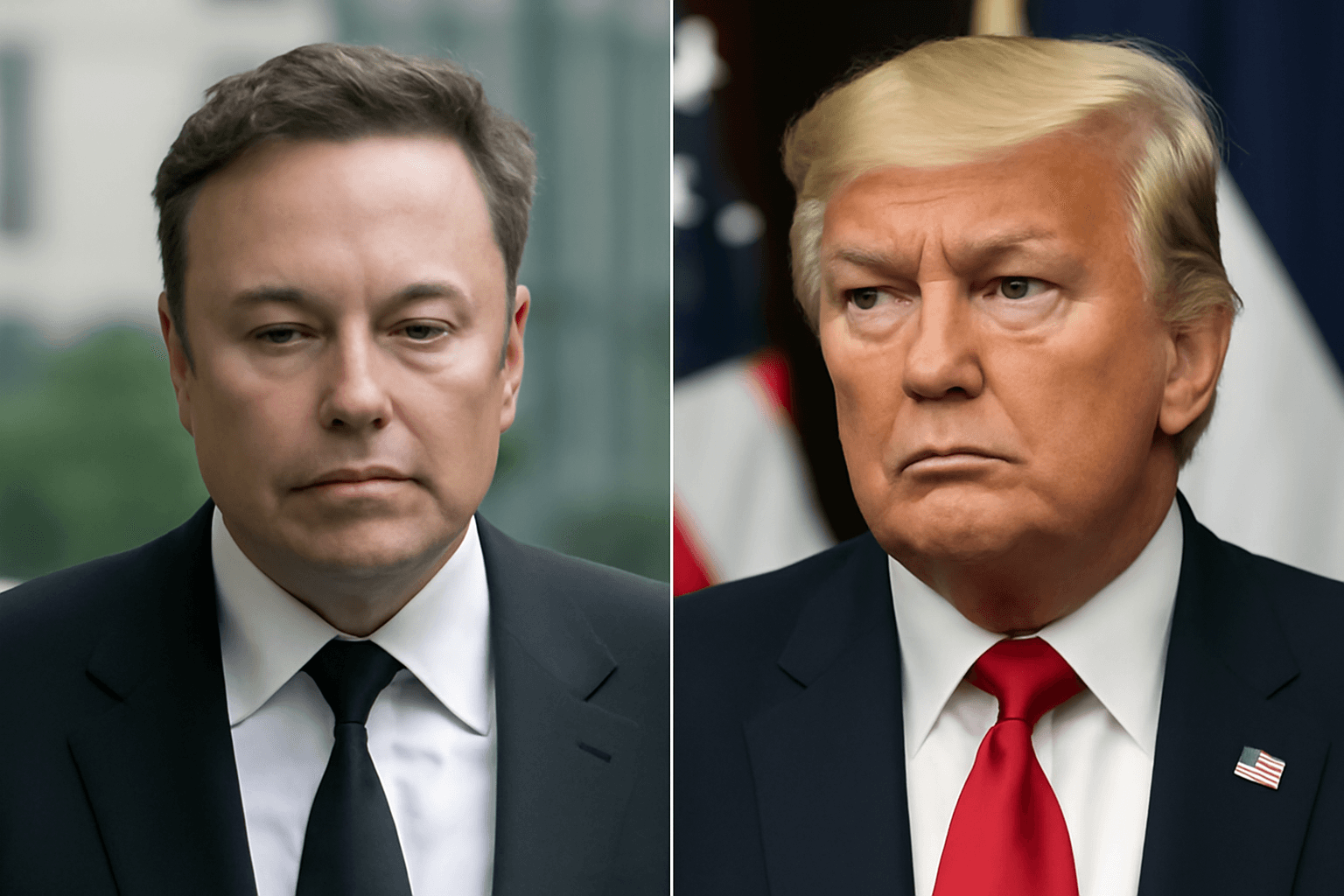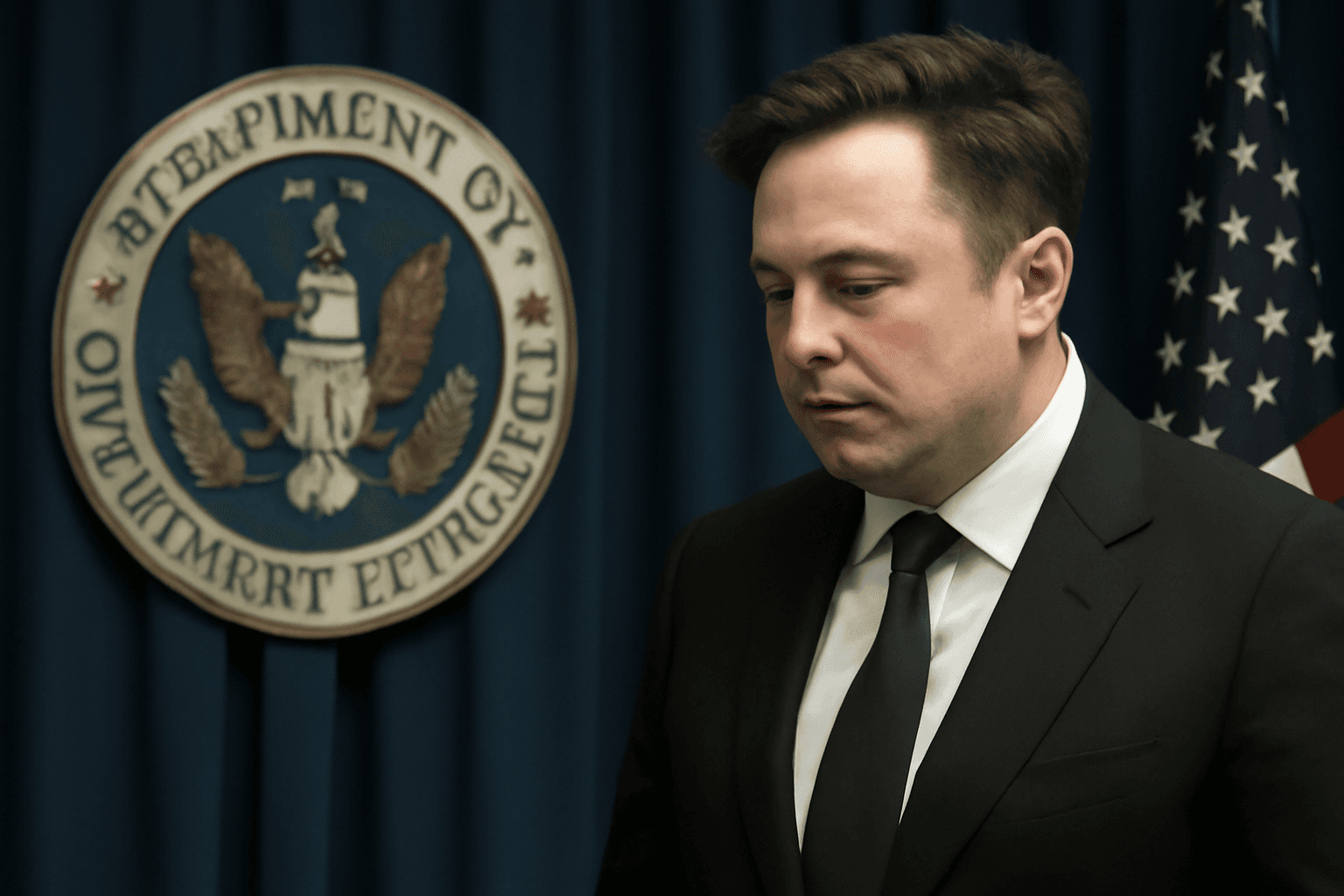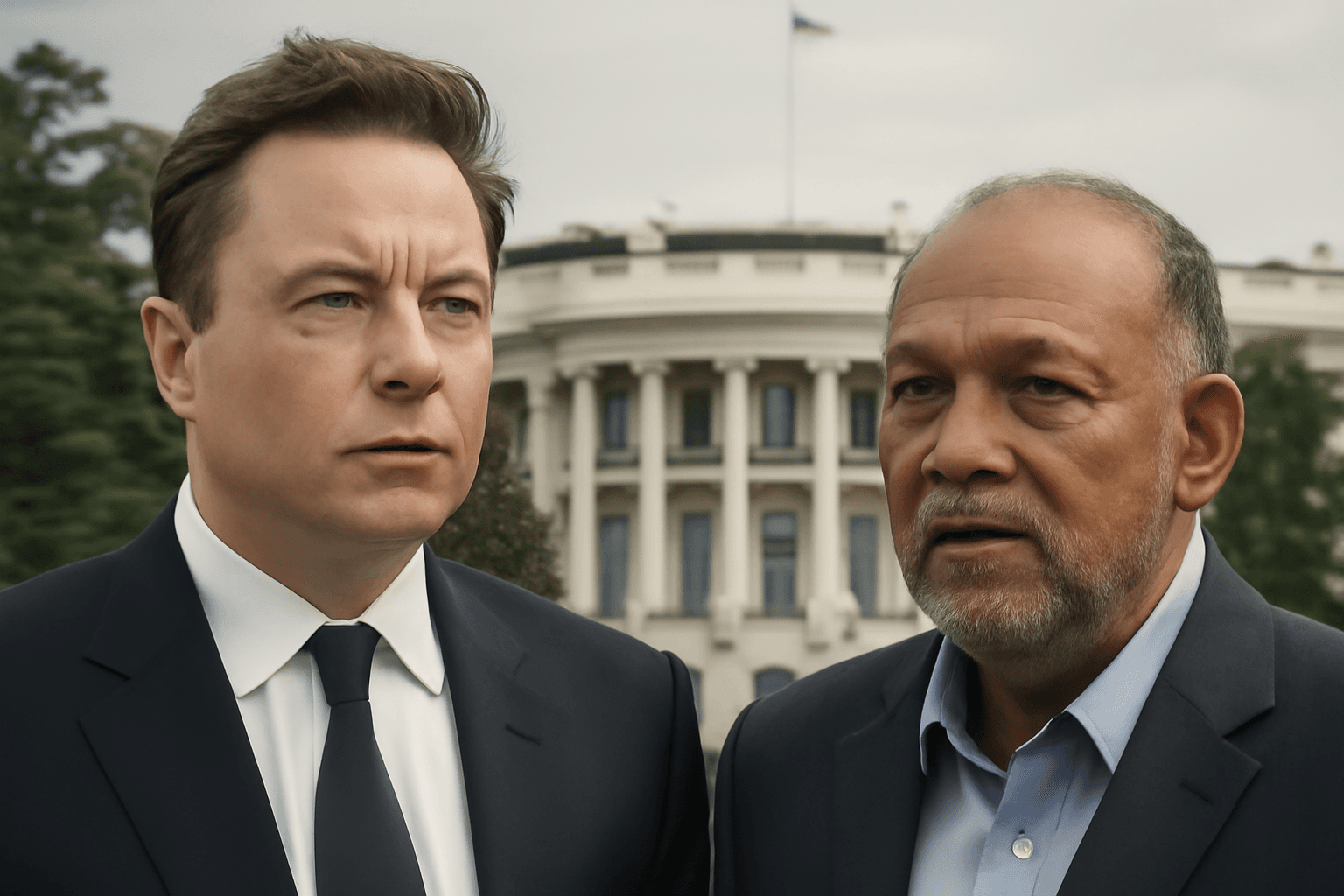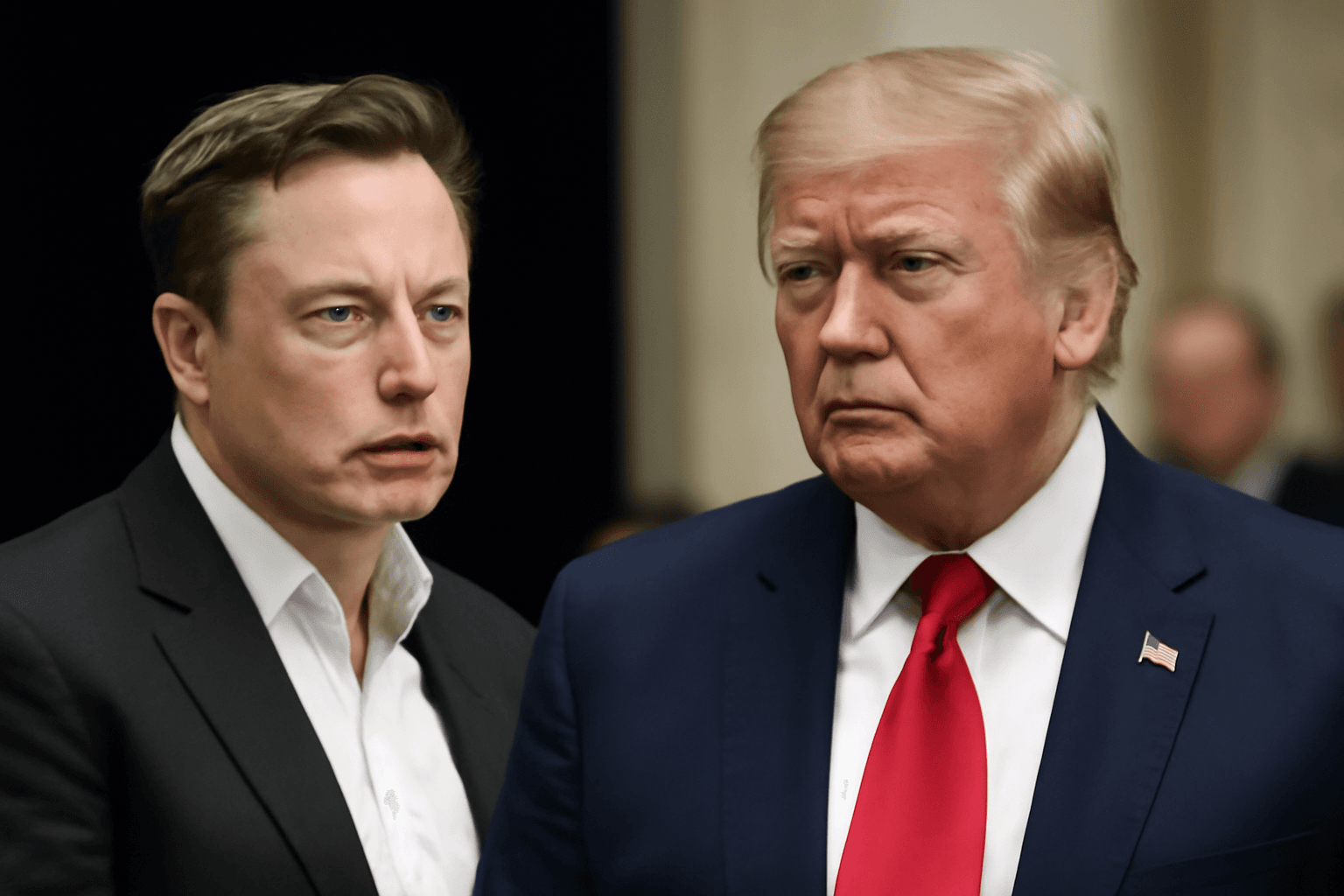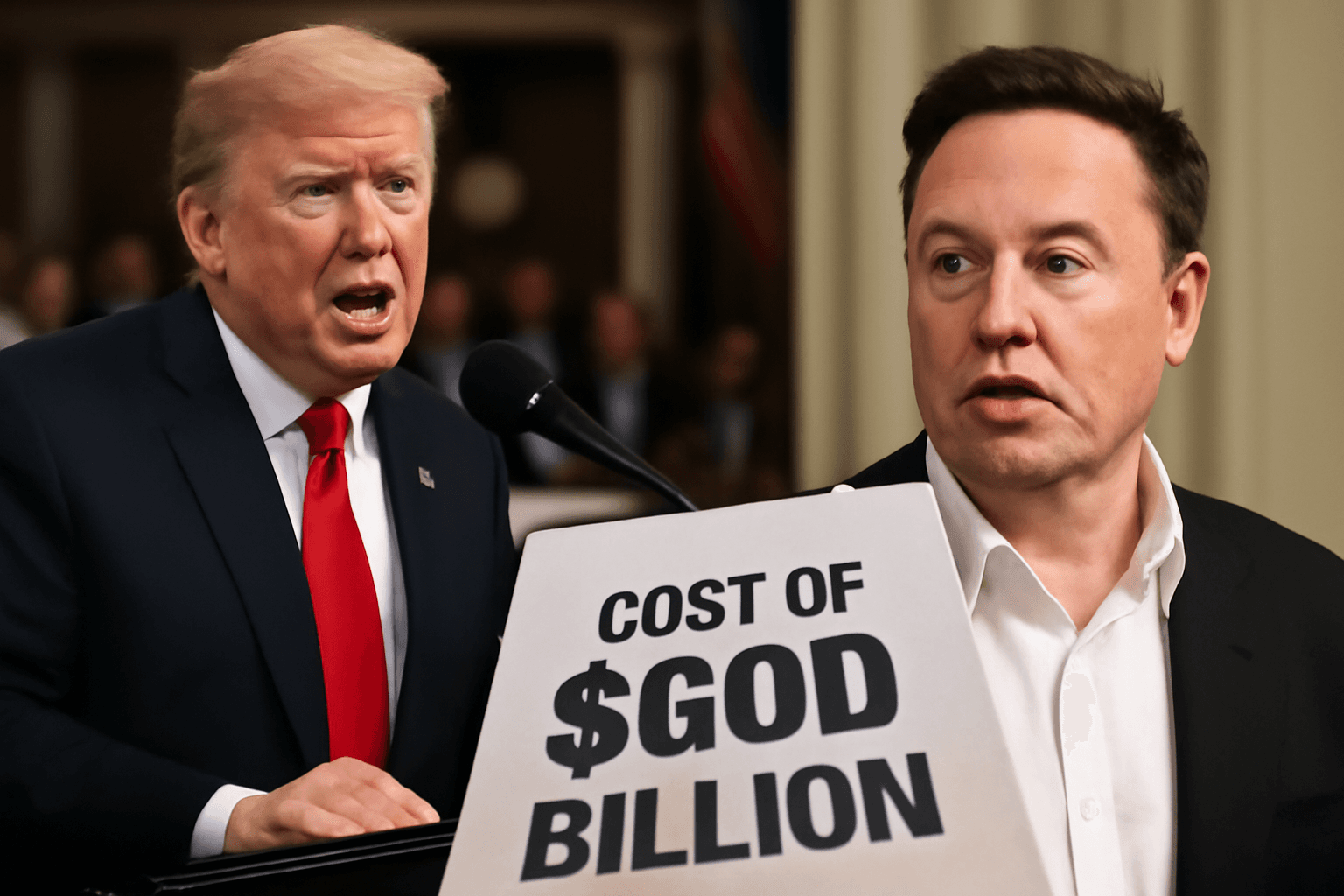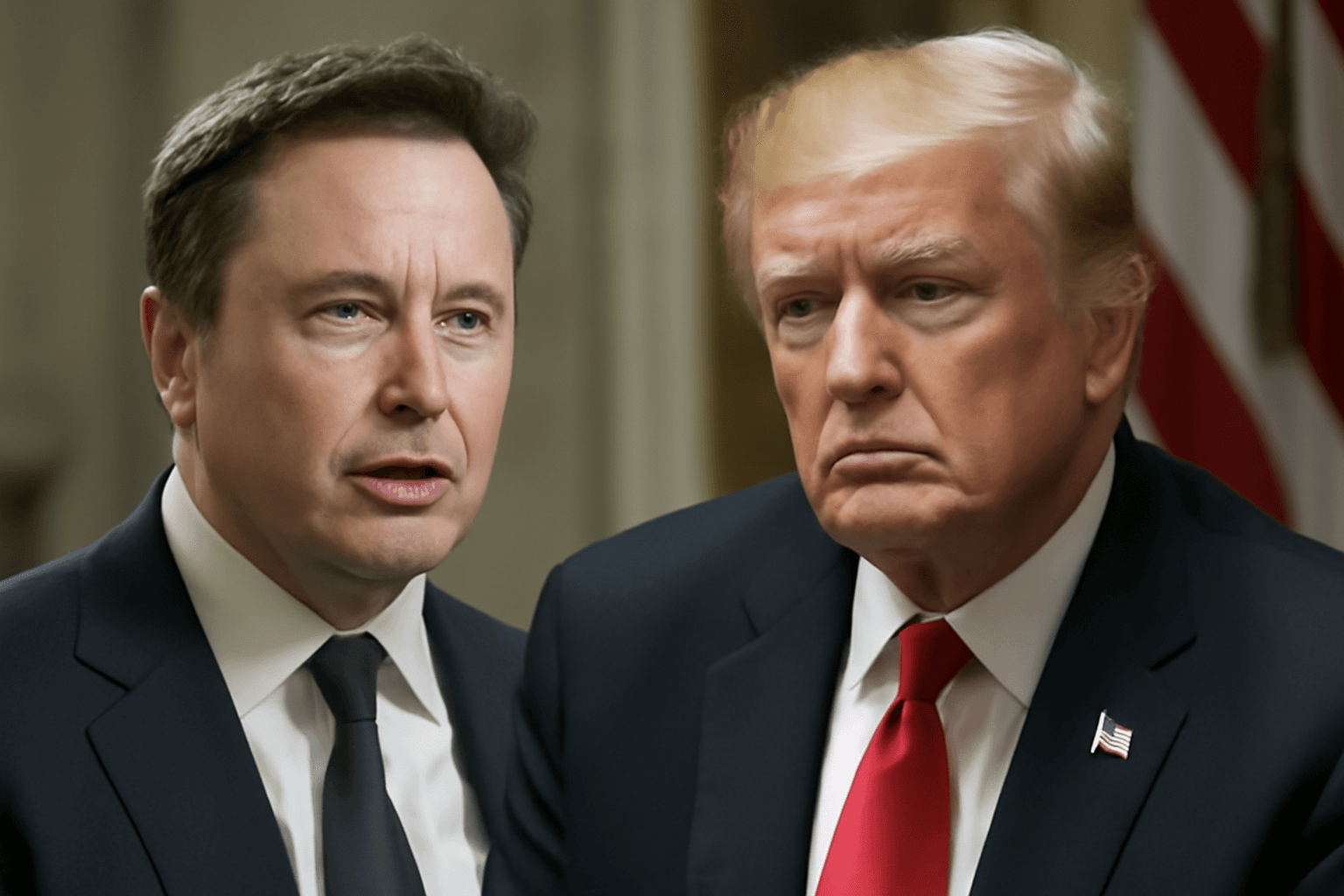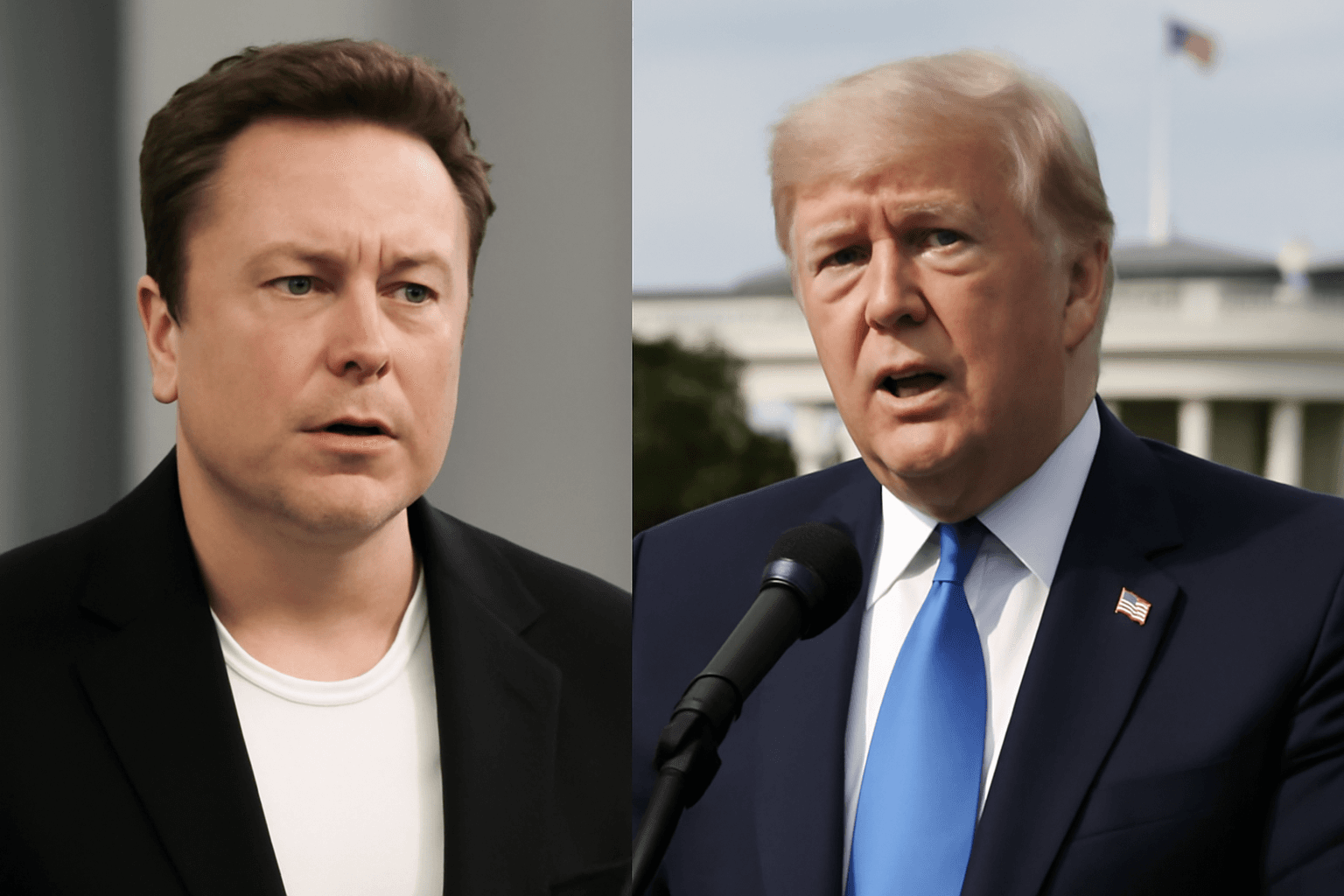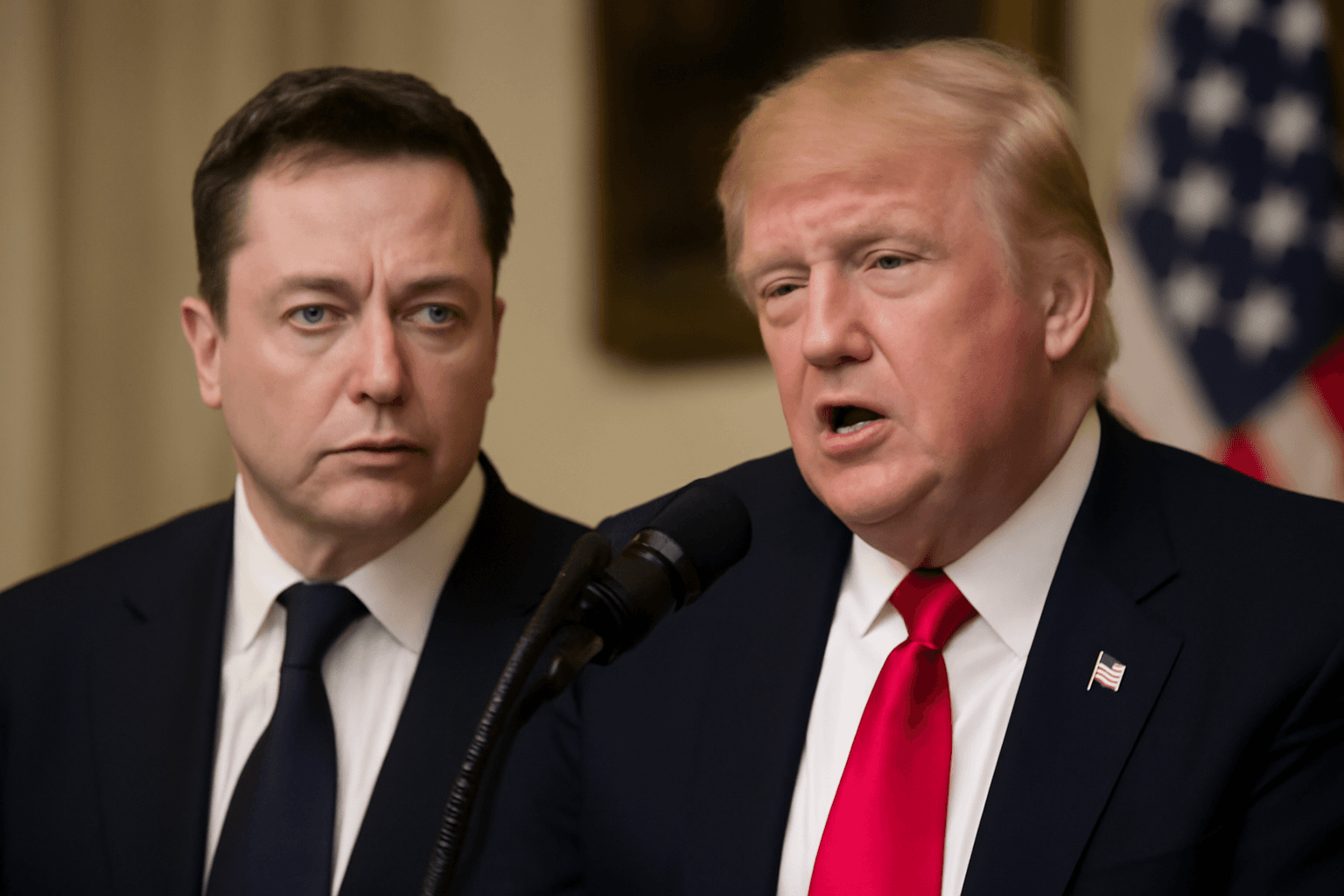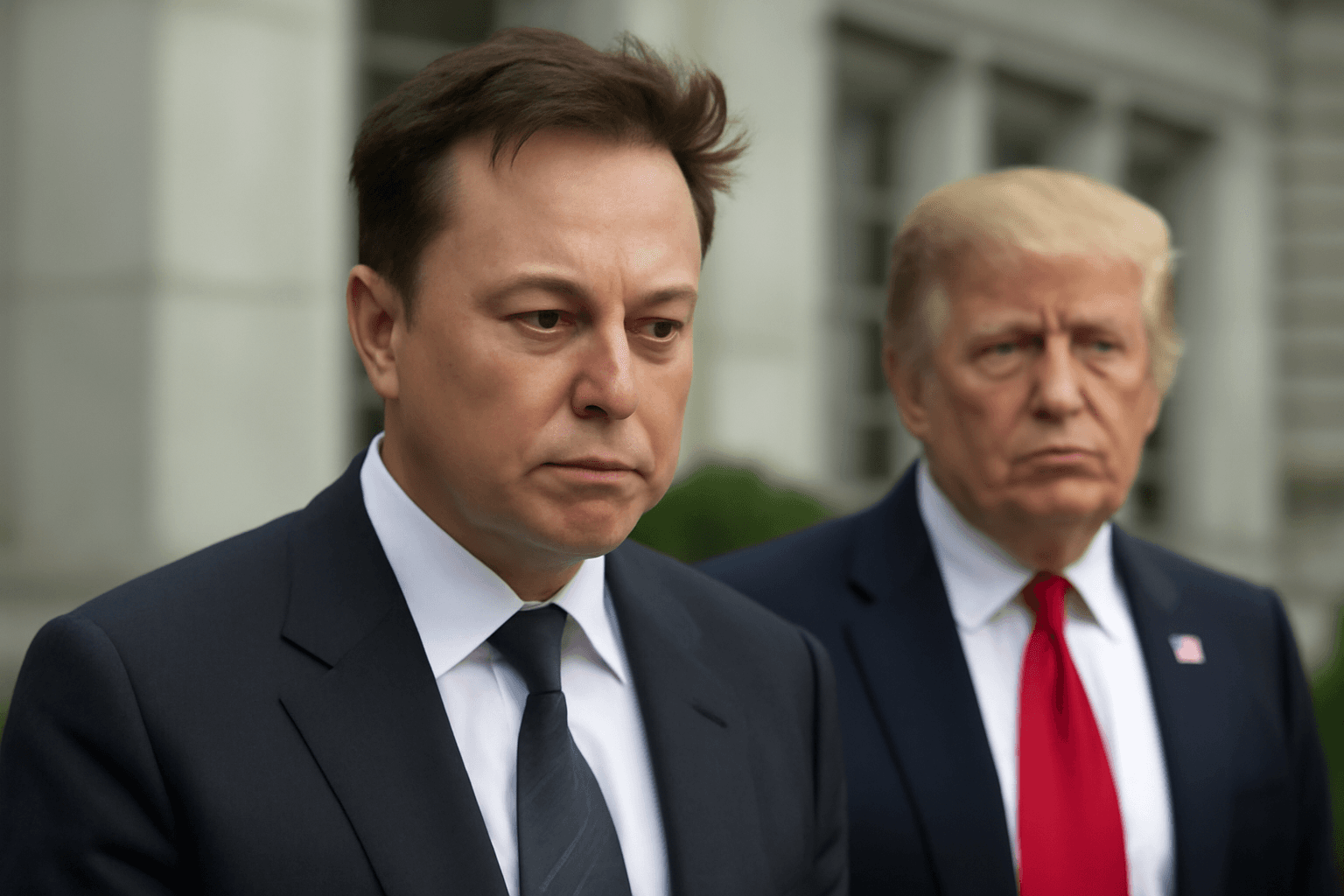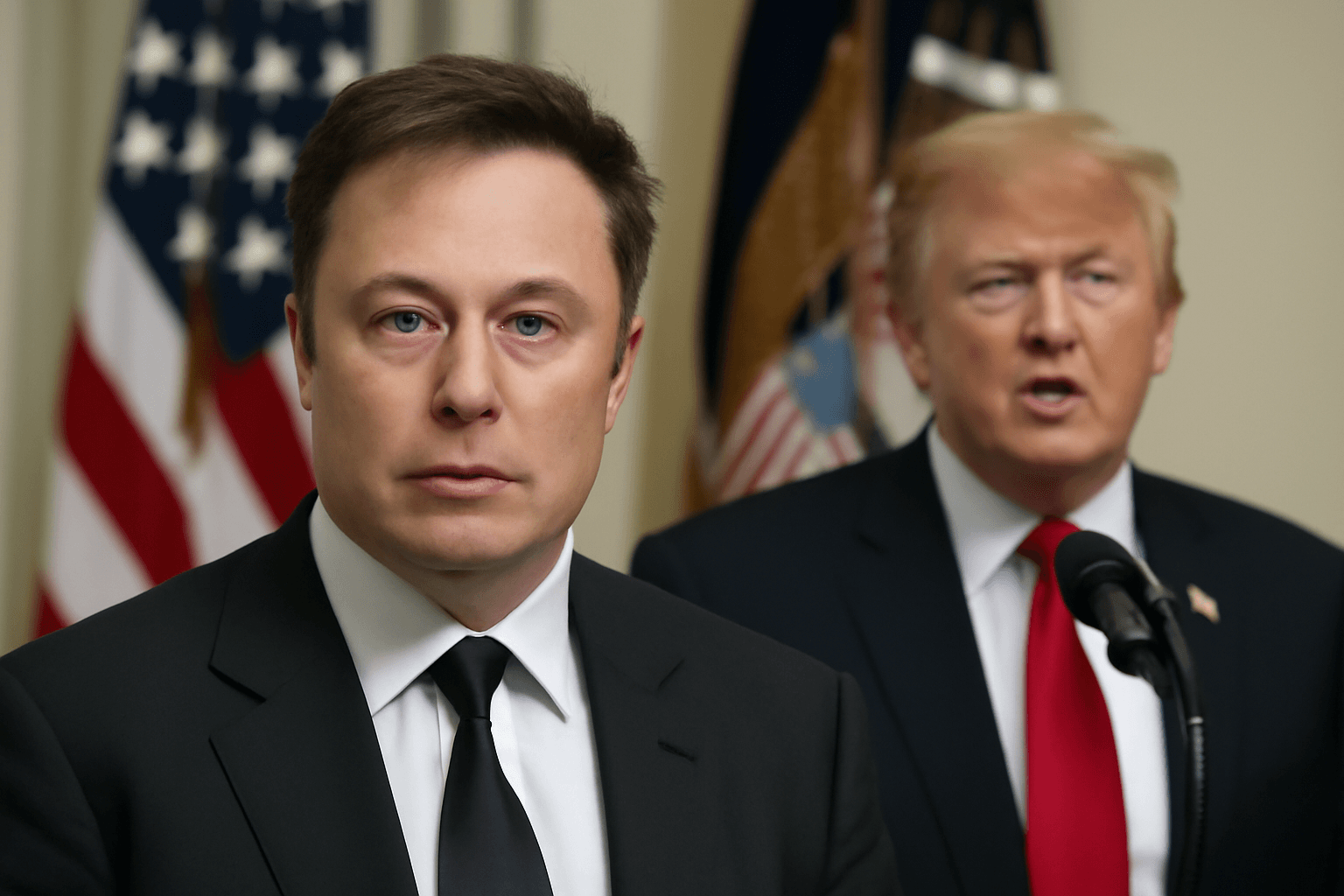The Billionaire Clash That Took Washington by Storm
What began as a tight alliance between Donald Trump and Elon Musk has unraveled into a tense standoff, spotlighting the complex dance between politics and business at the nation's highest levels. Their camaraderie—once marked by mutual benefit—has faltered over a controversial government bill, revealing cracks in a relationship that once seemed unbreakable.
From Allies to Adversaries: What Sparked the Rift?
The so-called "Big Beautiful Bill" (BBB) has been the flashpoint that drove a deep wedge between the former president and the tech magnate. Trump, who once leveraged Musk’s immense wealth to bolster his agenda, now openly warns the Tesla and SpaceX CEO of "very serious consequences" should he support the Democrats in the upcoming 2026 midterm elections.
Further fueling the tension, Trump publicly declared he has "no desire" to mend fences with Musk, signaling a sharp departure from their previously cordial dynamic.
Trump’s Upper Hand in the Political Battle
The fallout isn't just personal — it threatens Musk’s expansive business empire. In 2023 alone, Musk's companies stood to gain an estimated $3 billion through federal contracts across 17 agencies. Without White House favor, those prospects could dim considerably.
Moreover, there’s the looming threat of regulatory scrutiny. Before Trump’s tenure, multiple federal agencies had already opened investigations or lawsuits against Musk’s ventures, setting the stage for potential escalations amid this new tension.
Rivals Seize the Moment
The Musk-Trump fracture also presents opportunities for competitors. Prominent figures like Bill Gates have been reported to advocate at the White House for reversing some of the budget cuts Musk pushed, particularly targeting foreign aid, which Musk’s influence had curtailed.
The Backstory: Musk, DOGE, and Government Overhauls
Musk’s role as leader of the Department of Government Efficiency (DOGE) was marked by aggressive, sweeping reforms aimed at shrinking government spending. Claiming he could save the government a staggering $2 trillion, he instituted dramatic cuts to agencies like USAID, the Department of Education, and the Consumer Financial Protection Bureau.
These measures were polarizing, with critics highlighting the unprecedented power Musk wielded as an unelected figure reshaping federal programs — amplified by controversial moments scrutinizing his political gestures.
Resistance and Retreat
Despite early momentum, Musk’s aggressive reforms faced growing pushback from Trump-appointed officials within affected departments. This culminated in Trump scaling back DOGE’s influence by March, effectively curbing Musk's sweeping authority.
The public perception also shifted unfavorably for Musk. Tesla's brand took a hit amid mounting negative press, seeing sales dip globally alongside falling stock prices.
By May, when Musk stepped down from DOGE, he reported a more modest $180 billion in savings—far short of his initial bold claims.
The Takeaway: A Cautionary Tale of Power and Politics
While Trump seems to have gained the upper hand in this billionaire showdown, the episode serves as a stark reminder of how quickly political favor can shift—and the steep price that business magnates may pay when they wade into the partisan fray.
For Musk, this break-up is not just a personal setback but a political lesson in the limits of influence, reputation, and the delicate interplay between enterprise and government.

